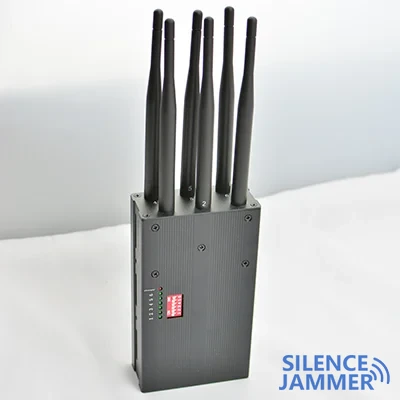New Zealand Prime Minister Laxon recently announced that schools across the country will completely ban students from using mobile phones during school hours. This move is aimed at solving the increasingly serious problem of declining students' literacy and restoring New Zealand's former honor as the world's top country in literacy.
According to AFP, New Zealand was once known for its excellent literacy results, but recent data shows that about one-third of 15-year-olds can hardly read or write. This severe "literacy crisis" has prompted the new government to take decisive measures, hoping to help students concentrate and improve learning efficiency through a mobile phone ban.

In recent years, the popularity of smartphones among students has continued to rise, and many students frequently use mobile phones for entertainment and social activities in class, which seriously distracts them. Studies have shown that excessive use of mobile phones can affect students' academic performance and prevent them from concentrating on completing academic tasks. The Lacson government's mobile phone ban is aimed at this problem, hoping to improve students' learning concentration by reducing their dependence on mobile phones.
To ensure the effective implementation of the mobile phone ban, schools can consider using mobile phone blockers. Mobile phone blockers block mobile signals in a specific area, preventing students from using mobile phones for entertainment during school hours. This technical means can not only effectively reduce distractions in the classroom, but also encourage students to have more face-to-face communication between classes and develop their social skills.
There are precedents for successful implementation of mobile phone bans in many countries. Some schools in countries such as the United States, the United Kingdom and France have tried mobile phone bans and achieved certain results. Although the results are mixed, the overall trend shows that mobile phone bans have a positive effect on improving students' learning concentration and grades.
For example, after implementing mobile phone bans in some schools in the United Kingdom, students' test scores have significantly improved, especially those who originally had lower grades. Research shows that restricting mobile phone use can be a low-cost and effective education policy that helps narrow educational inequality.
The policy of banning mobile phones in New Zealand schools, combined with the auxiliary role of cell phone jammers, aims to create a distraction-free learning environment and improve students' learning concentration and literacy skills. This measure will not only effectively solve the current "reading and writing crisis", but will also provide students with a more orderly and focused learning environment. I believe that with the implementation of this policy, the quality of education in New Zealand will be further improved, and students will also benefit from this distraction-free learning environment and achieve better academic achievements.





